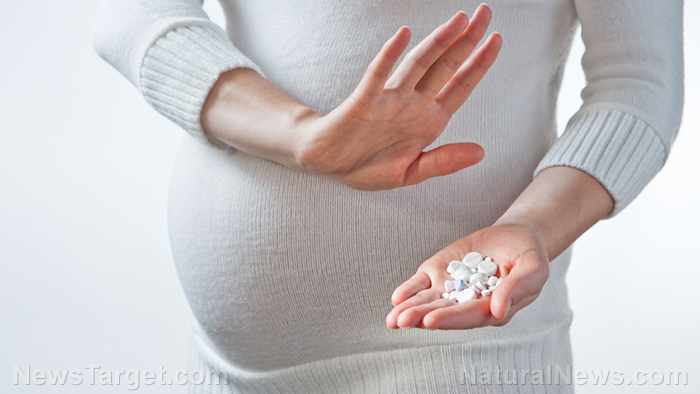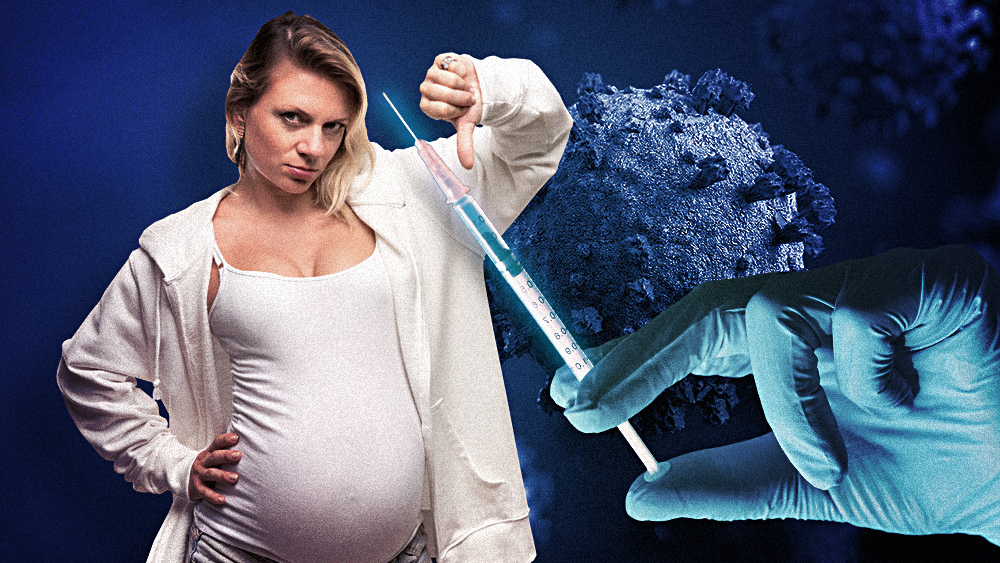
Pregnant women are at an increased risk of being anemic, or having low iron levels. The World Health Organization (WHO) estimates that more than 40 percent of pregnant women around the world are anemic, and at least half of this percentage is caused by iron deficiency. Pregnant women need additional iron and folic acid in order to meet their own nutritional needs as well as those of the developing fetus. Iron deficiency during pregnancy can potentially adversely affect the health of the mother and the baby in the womb.
Research has suggested that supplementing with iron and folic acid can lower the risk of iron deficiency and anemia in pregnant women. Therefore, some countries like India address the risk through mandatory iron supplementation to all pregnant women during the last two trimesters of pregnancy, regardless of their iron levels. However, too much iron is also bad for the health of both the mother and the child. The WHO recommends supplementing 30 to 60 milligrams (mg) of iron per day. However, in India, the current recommendation for pregnant women to take is 100 mg of iron per day.
High-dose iron supplementation in non-anemic pregnant women may harm them and their baby
Carried out by researchers from India and the U.S., the cross-sectional study measured the oxidative stress markers of pregnant women with low, normal, or high hemoglobin status in the first trimester and to relate these to birth weight.
To conduct the study, they recruited 100 pregnant women from a tertiary hospital in urban South India based on their hemoglobin status. Out of 100 pregnant women, 40 of them had low or normal hemoglobin levels, while the remaining 60 had high hemoglobin levels. People with low hemoglobin levels are known to be anemic.
Based on their findings, pregnant women who were mildly anemic benefited from iron supplementation. However, those with relatively high or normal hemoglobin levels were more likely to have higher oxidative stress markers in the first trimester, and were therefore at risk of harmful effects of too much iron. Additionally, there were higher incidences of giving birth earlier than normal, as well as giving birth to babies with lower birth weight. (Related: Iron supplements found to improve neurological development and behavior issues in kids who were born small.)
With these findings, the researchers concluded that high-dose supplementation of iron in non-anemic pregnant women is more likely to cause increased oxidative stress, which could eventually affect birth outcomes, such as low birth weight.
Symptoms, treatment, and prevention of anemia during pregnancy
Initially, symptoms of anemia during pregnancy can be mild and often go unnoticed. However, the symptoms worsen as it progresses. Some common symptoms of anemia include chest pain, cold hands and feet, difficulty concentrating, dizziness, pale skin, lips, and nails, rapid or irregular heartbeat, shortness of breath, and weakness.
Instead of taking iron supplements, pregnant women may prevent iron deficiency or anemia by making changes or additions to their diet. Experts recommend eating at least three servings or 30 mg of iron-rich foods every day, such as lean, red meats and poultry, eggs, nuts and seeds, beans, lentils, tofu, and dark, leafy green vegetables such as broccoli, kale, and spinach.
To enhance the body's ability to absorb more iron, it would be helpful to eat foods rich in vitamin C, such as citrus fruits and juices, bell peppers, kiwis, oranges, strawberries, and tomatoes.
Read more news stories and studies on supplements that are beneficial during pregnancy by going to SupplementsReport.com.
Sources include:
Please contact us for more information.























